Have you been asking yourself “Why am I feeling sad all the time when my life is good?”
Do you feel like you have everything that you want in your life but still you feel like you are carrying a hundred pound weight on your back, that you have no interest in anything and that all you want to do is sleep?
I am not a doctor but I can tell you that I used to feel that way all the time. I lived with this overwhelming sense of hopelessness and dread. I tried to be a good parent but keeping my energy up was close to impossible. I tried to be great wife but my irritability prevented that from happening. I had a great job but my performance suffered.
This went on for years. YEARS. I thought that I was managing it, and I was. Until I wasn’t.
One day, when I was 42 years old, I found myself in a closet banging my head against the wall. I had no idea what was going on.
A friend of mine scooped me up off the floor and took me to see a psychiatrist. He diagnosed me with chemical depression. He sent me off with some medication and instructions to follow up with a therapist.
That day changed my life.
I learned that chemical depression is a disease caused by a chemical imbalance. The same as heart disease, the same as thyroid disease. The way I was feeling was not because of some personal weakness but because my brain chemistry was letting me down. And that, treated, I was going to start enjoying my great life!
If you are feeling sad all the time then you too could be chemically depressed. This means that you have a chemical imbalance that causes depressive symptoms without something actually being wrong.
So, what do you do if you are feeling sad all the time even if your life is good? I have some suggestions.
1. Ask yourself a few questions.
A good way to get a sense of whether or not you are chemically depressed is to ask yourself some questions. They are:
- Are you living with feelings of sadness, tearfulness, emptiness or hopelessness?
- Are you more irritable than usual? (Related Frequent Anger and Irritability Could Signal Depression, Research Reveals)
- Have you lost interest in things that used to make you happy?
- Are you not sleeping as well as you used to?
- Have your sleep patterns changed? Are you spending more time in bed?
- Have your eating patterns changed? Have you lost or gained weight?
- Are you more anxious than you used to be?
- Do you struggle with feelings of worthlessness?
- Do you have a hard time focusing?
- Do you think about committing suicide?
- Do you have new physical problems, like headaches or backaches?
If you answered yes to any, or all, of these questions you are most likely suffering from chemical depression.
Related 12 Common Mental Illness Signs You Should Never Ignore
Now, ask yourself if this has happened to you before? How regularly? Does anyone else in your family struggle with depression? Were there any traumatic experiences in your life that might have affected you deeply?
If you answer YES to any of those questions you might be suffering from chemical depression.
If so, what to do next?
2. Don’t be embarrassed.
Many people who are diagnosed with chemical depression are embarrassed. Embarrassed that they can’t just “suck it up.” That they might have some kind of personal deficiency that makes them weak in the face of this perceived disease.
Let me tell you – You are not weak. You are not lacking something that others have that make it so, that you can’t ‘suck it up.’ You are actually incredibly brave for facing this issue head on.
Again, chemical depression is a disease caused by a chemical imbalance. The same as heart disease, the same as thyroid disease.
Chemical depression is perceived by many in society to be a personal weakness. I mean how can you feel sad all the time when your life is good? Luckily more and more people are speaking up about living with mental illness. More and more people, including many famous people, are being honest about living well with their condition and helping to eliminate the stigma about mental illness.
So, join the celebrities. Don’t be embarrassed. Chemical depression is not something that you could have prevented. But it is something that you can deal with.
3. See your primary care doctor immediately.
If you are feeling sad even though your life is good it is important that you reach out to your primary care doctor as soon as possible to tell her about your symptoms. Seeking medical help is key to dealing with depression.
Many primary care physicians are knowledgeable about the treatment of depression and can help you with treatment right away. Some primary care doctors might refer you to a psychiatrist who can help you diagnose and manage your depression.
DON’T think that your doctor is going to judge you for your depression. Doctors are trained to take care of people without judgement. If you had a thyroid issue, would you be embarrassed to see your doctor? No.
Don’t let the fear that you are going to be judged prevent you from reaching out for help because help is what you need right now to feel better!
Read The 10 Basic Do’s And Don’ts Of Depression
4. Stick to your treatment.
This is a key part of dealing with chemical depression.
I have a client who saw her doctor because she was feeling sad and the doctor gave her a scrip for an anti-depressant. She took it and, over the course of a month, she started feeling better. After 6 months she was feeling great so she went off it. 3 months later she found herself sad again and wondering why.
I have another client who was prescribed an anti-depressant and it made her tired. Instead of going back to the doctor to see about another option, that client just stopped taking her meds. Without treatment, her depression got worse and her life got more difficult. Eventually, she did go back to the doctor and they got her on something that has made her life a much happier place.
So, stick to your treatment. Continue to take your meds. Just like you would if your doctor had prescribed meds to help you with a thyroid issue. Or diabetes. And if you don’t like the side effects, go back and get something different. There are many treatment options out there for you.
5. Surround yourself with people who love you.
Many people who suffer from chemical depression tend to isolate themselves from friends and family. Making the effort to spend time with people and to pretend to enjoy themselves is just too much. So, they don’t.
Unfortunately, isolating is one of the worst things that you can do when you are feeling depressed. Staying home, eating ice cream, sleeping and feeling hopeless are not going to help you get past this dark place, as much as doing those things feel great right now.
So, make an effort to get yourself out there and spend time with people who love you. Spending time with people who make you laugh, who keep you out of your head and make you feel good about yourself is very important to managing your clinical depression.
Asking myself why I was feeling sad all the time even though my life was good, changed my life.
Once I learned the signs of chemical depression, it helped me to understand that it is possible to be depressed even when things are good.
So, ask yourself the questions that I list above. If you find that you answer yes to a lot of the questions, reach out and get some help. Don’t be embarrassed – many people struggle with this and getting help is the brave thing to do.
Also make sure to take care of yourself and surround yourself with people who love you no matter how hard it seems..
You, like millions of other people, can have a full and happy life living with chemical depression. All you need to do is to pick up the phone and call your doctor.
Do it TODAY!
This article was originally published at Let Your Dreams Begin.


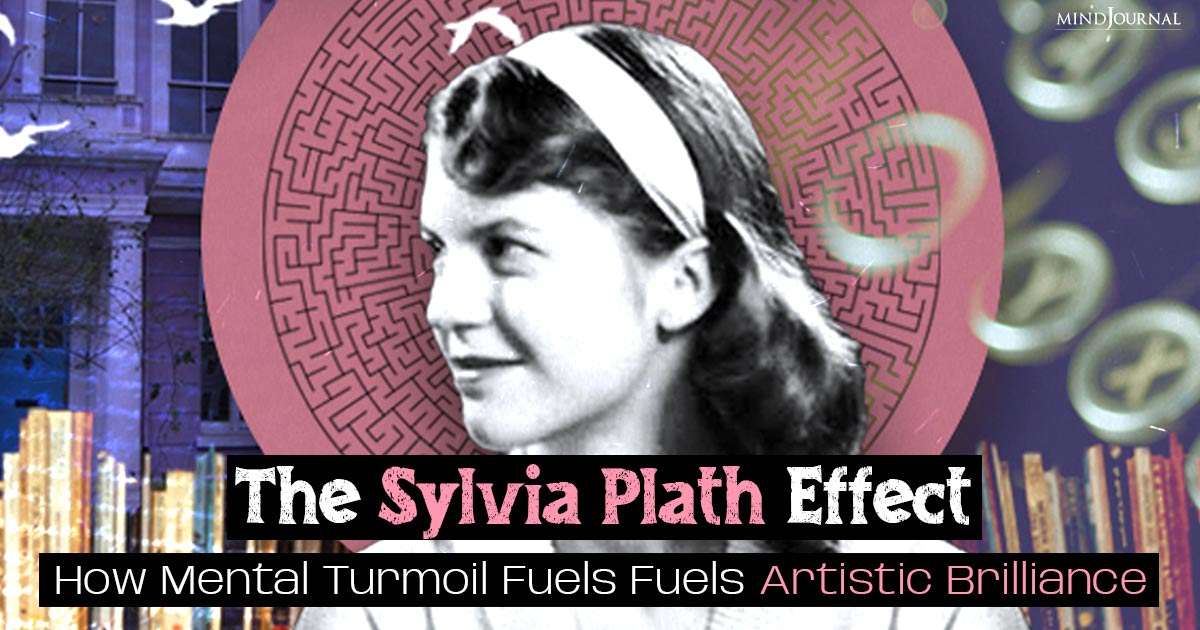
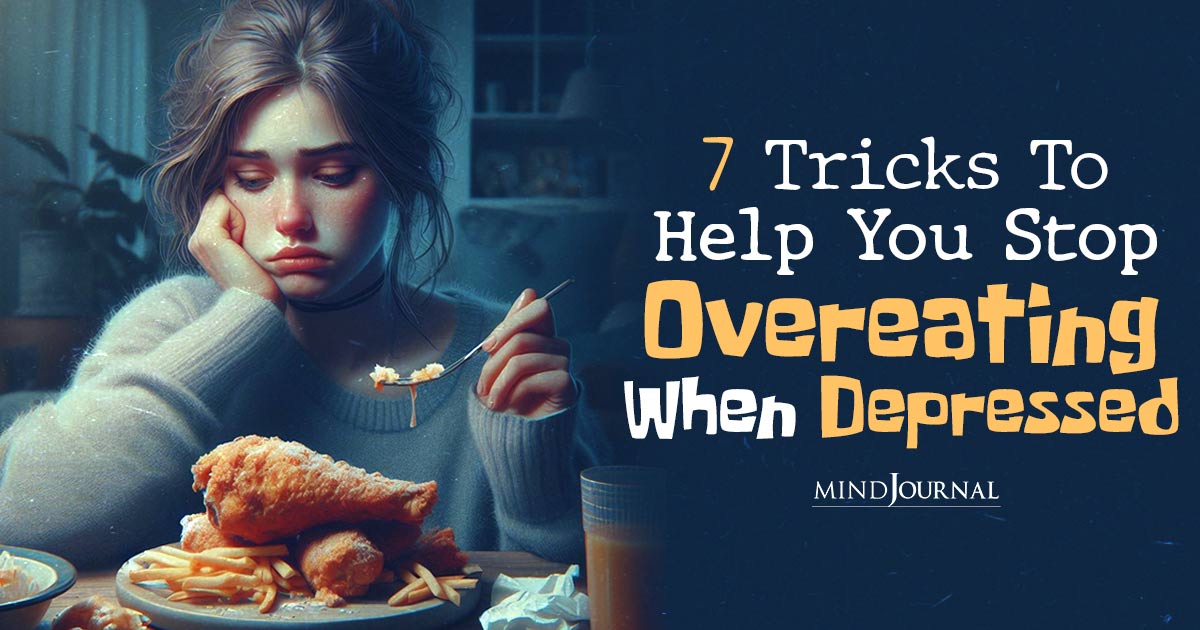
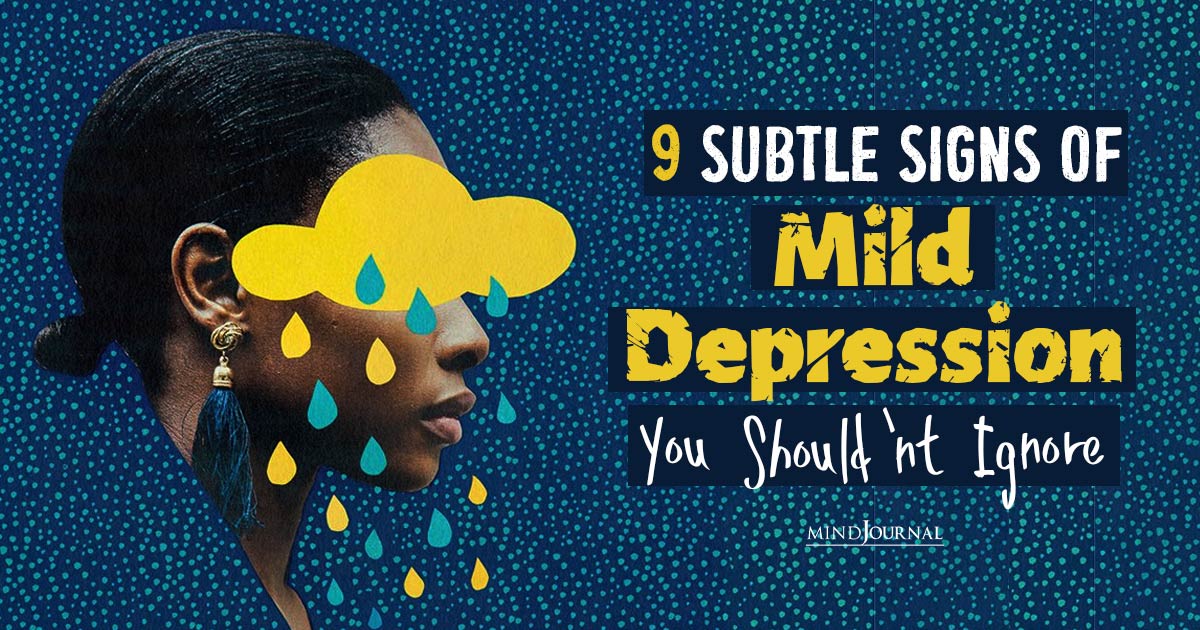
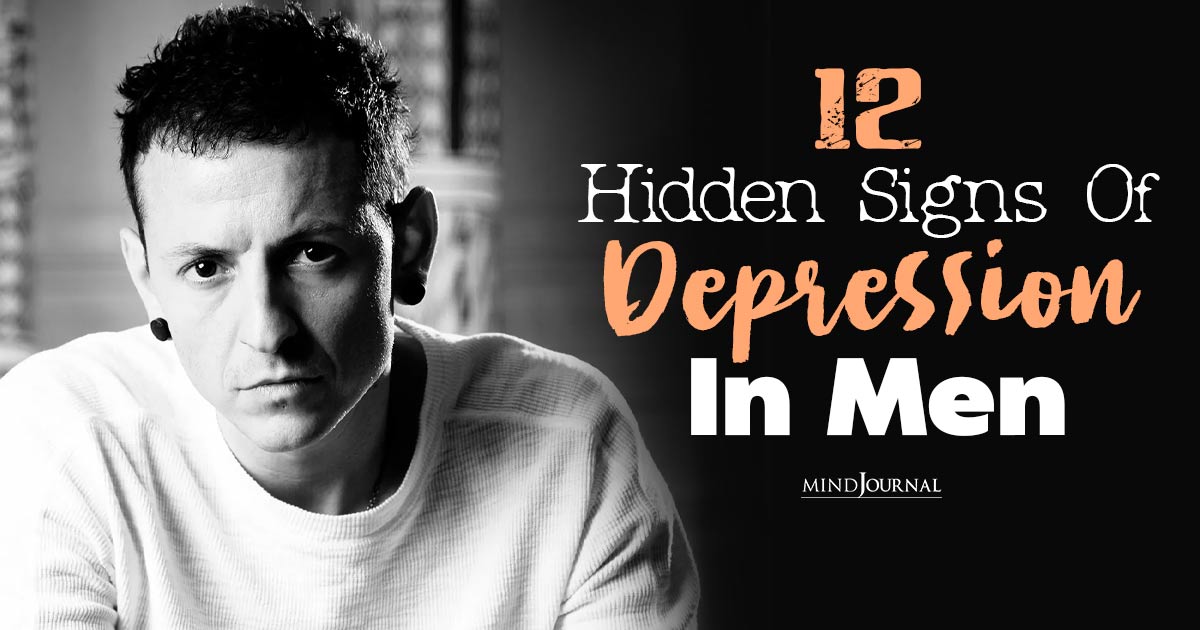
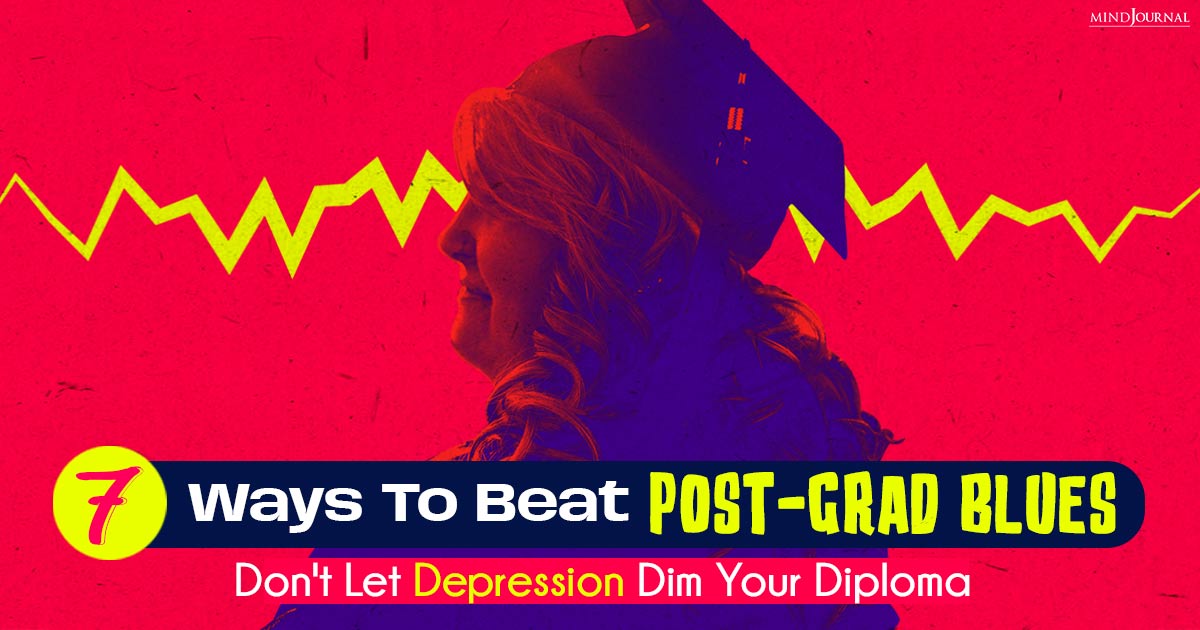
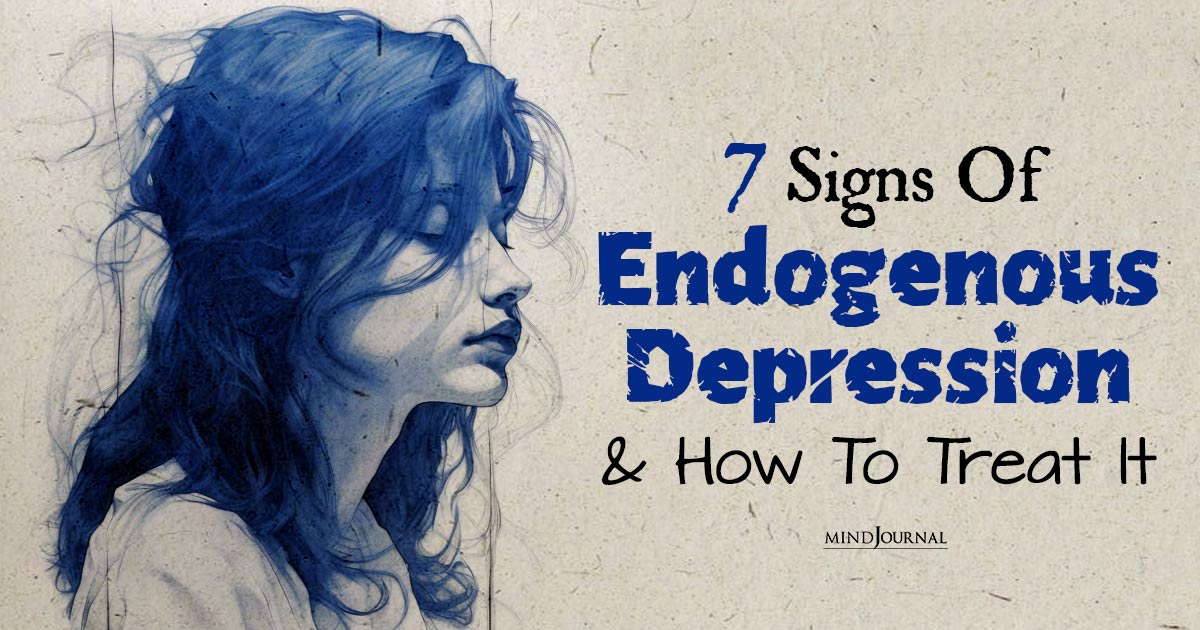
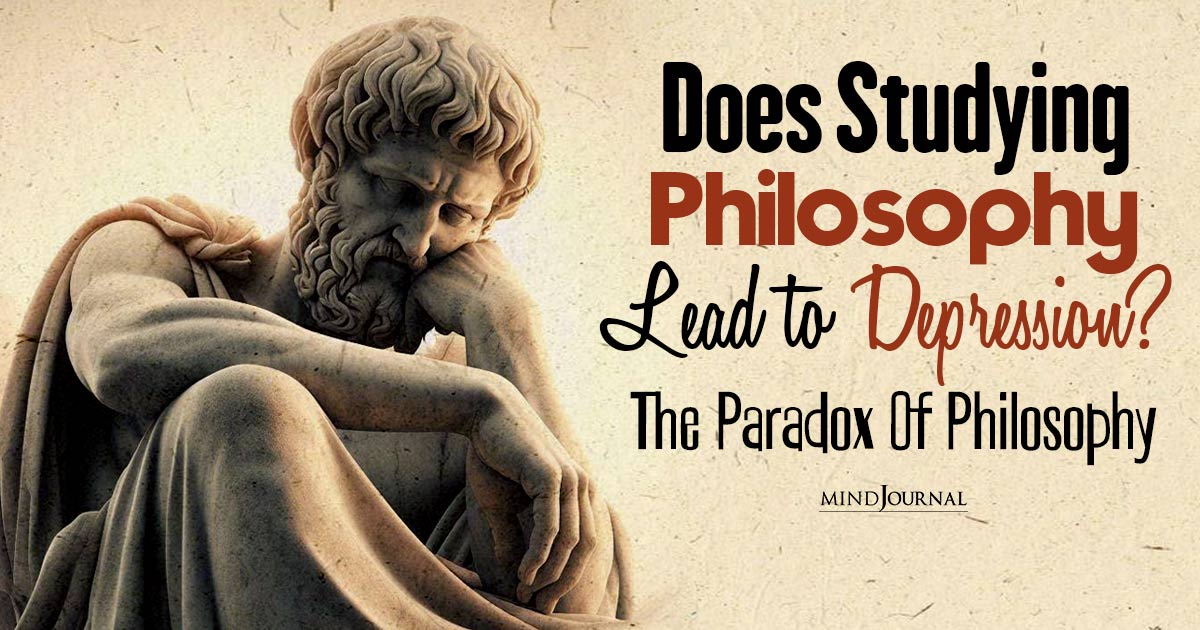
Leave a Reply
You must be logged in to post a comment.